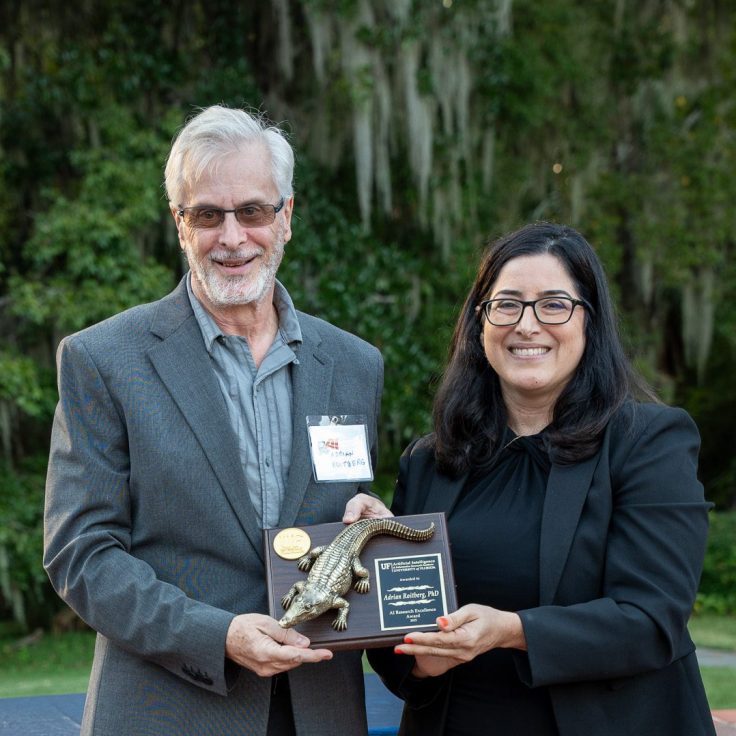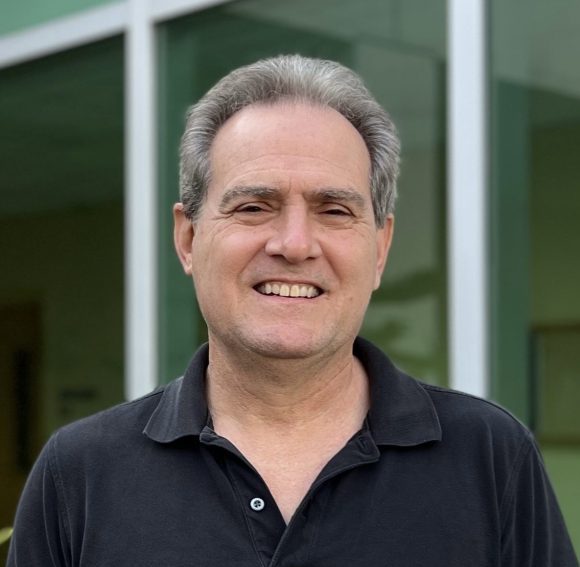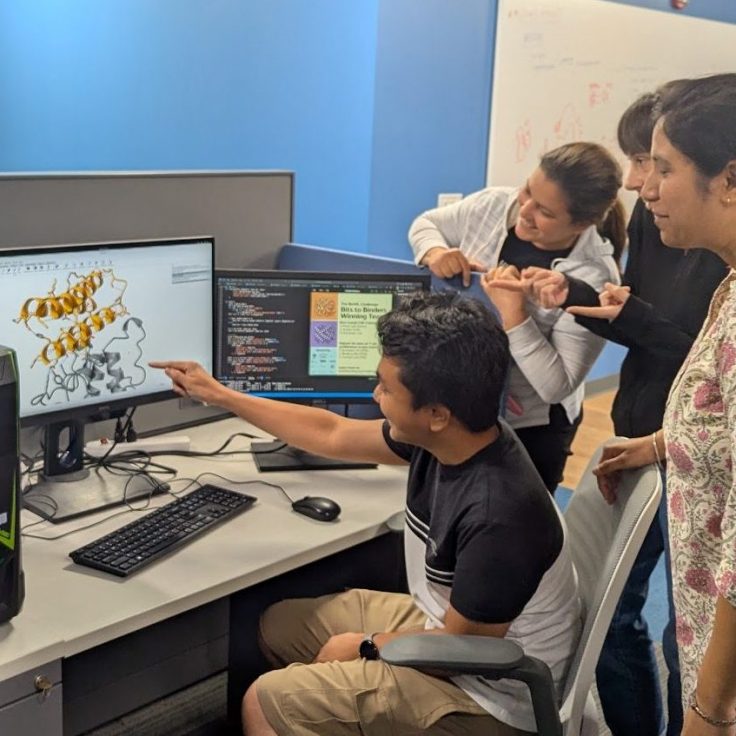New Frontier
With forward-looking research, recently hired faculty are propelling the college's artificial intelligence push
Earlier this year, UF made a significant investment by committing to hire over 100 new AI-focused faculty members. They will channel their big data and AI expertise to address some of the globe’s most pressing challenges and educate students in forward-looking technology. The strategic hiring initiative spans nearly every department in the College of Liberal Arts and Sciences. Here’s a quick look at the innovative research projects our newest faculty members are undertaking.
From predicting extreme weather patterns to mapping disease dynamics, the sky’s the limit when the worlds of AI and geography collide.
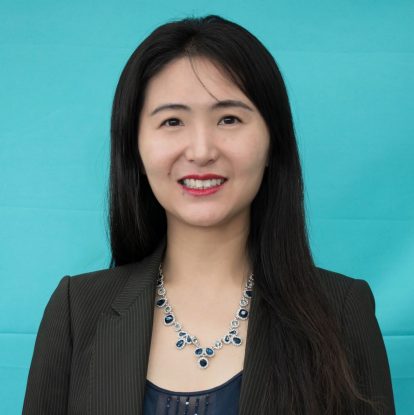
Assistant professor Yixin “Berry” Wen’s research seeks to better understand the Earth’s climate systems by analyzing massive remote sensing data from NASA and NOAA programs aided by AI technologies. Remote sensing, which involves the use of satellites and drones, can benefit from greater automation due to the immense volume of data being collected. “It’s a golden era when massive remote sensing measurements meet machine learning technologies,” Wen said. Her goal is to improve the forecasting of water-related natural disasters, such as flash floods and hurricanes, which are becoming ever-more frequent in our shifting global climate.
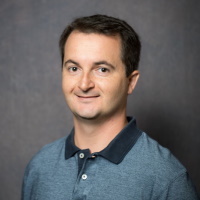
Climate expert David Keellings, another new assistant professor, specializes in extreme weather events, ranging from deluge to drought. He credits AI for developing more accurate detection methods for these events, citing that machines can quickly examine large datasets — identifying patterns that humans take too long to detect or do not see at all. Keellings is excited about the opportunity to use UF’s supercomputer to tackle complex questions in his research. He’s also looking forward to preparing students to become future leaders. “AI can contribute to greater understanding across every field of study,” Keellings said. “I’m excited to be part of helping UF students get to grips with the power of it.”
There’s a whole universe of unexplored potential applications for AI in astronomy.
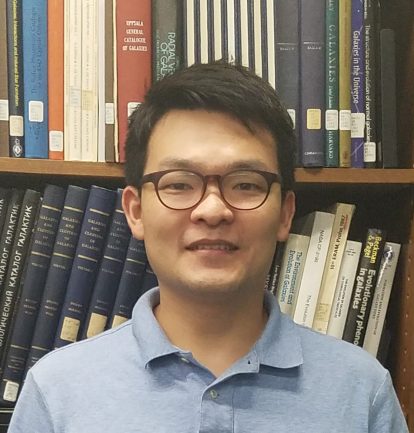
With better telescopes and bigger data, today’s astronomers need the support of cutting-edge machines. One new faculty member, assistant professor JAEHAN BAE, is using AI to unlock clues about the origins of planets. He explains that so far, astronomers have discovered more than 4,000 diverse planets orbiting around stars other than the Sun. “I am trying to use machine learning techniques to find young, forming planets in a more efficient, but also more robust way, with the ultimate goal of improving our understanding of planet formation,” Bae said.
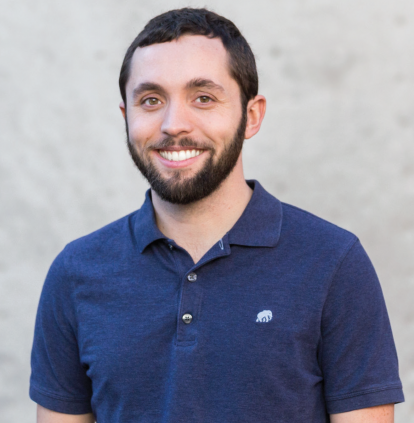
Also focused on exoplanets is assistant professor Jason Dittmann, who is exploring the application of AI and machine learning techniques to study the dynamics of their atmospheres. Dittmann’s interests lie in finding the smaller, undetected planets that exist in the margins of datasets. Traditionally lost in weak signals or intensive searches of mountains of data, these small planets are primed for discovery using AI techniques.
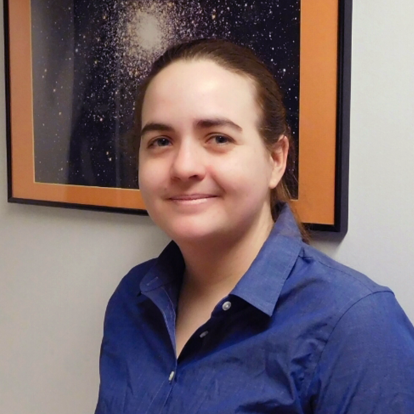
Assistant professor Jamie Tayar, meanwhile, focuses on how stars evolve. As the amount of data from surveys has exploded in volume, she finds it inefficient to study each star individually. AI allows her to map properties from larger sets of stars to identify the most scientifically interesting ones. At UF, Tayar is looking forward to sharing tools with researchers, encouraging cross-collaborative learning. She cites that discoveries are not often shared across the board. “I’m really hoping the ability to connect to people working in other disciplines in a meaningful way will help break that cycle,” she said.
Data science and AI wield a power that can be used for good, but if left unchecked, can lead to potential ethical concerns.
The Center for Gender, Sexualities and Women’s Studies Research aims to mitigate bias and advance more equitable AI applications, transforming AI and data science into tools for social justice. Assistant professor Hina Shaikh’s research explores the role of data in the creation and manipulation of gendered histories. She also studies the infrastructure of data and the implementation of AI-based security systems.
Shaikh’s expertise in gender and ethnic studies will create new avenues for examining data through a critical feminist lens. She plans to develop collaborative working groups with STEM researchers, students from underrepresented groups in the humanities, and community members from social justice organizations in Alachua County. “I am thrilled to have the opportunity to support community members, students and cutting-edge data feminist research through access to the supercomputer and my soon-to-be established Data Feminist lab,” Shaikh said. Shaikh’s lab will use data methods to aim toward gender equity, bringing to light the question: Is social justice through data possible?
Meet More New Faculty Exploring AI
Juannan Zhou is a computational biologist who uses mathematical modeling and machine learning to design high-performing DNA sequences, predict rare disease variants and further understand the evolutionary dynamics of pathogens.
Emma “Mickey” Mackie’s research fuses glaciology, machine learning and geophysics to explore hard-to-reach areas deep beneath the ice. These ice sheet areas, often overlooked, inform the behavior of glaciers. She integrates machine learning with advanced geostatistical simulation to map out the regions’ topography, geology and hydrology.
Linguist Sarah Moeller applies advancements in AI to the documentation of languages at risk of disappearing. She focuses on improving natural language processing with deep linguistic analysis.
Mathematician Chunmei Wang explores numerical partial differential equations, finite element methods and superconvergence, and high-performance computing and domain decomposition.
David Gray Grant, assistant professor of philosophy, focuses on the ethics of technology and AI and the philosophy of science. He explores automated decision-making systems and the philosophical concerns their use raises.
Physicist Jeffrey Andrews studies binary star evolution models and uses machine learning methods to address previous shortcomings in documenting stars’ evolutionary history.
Daniel D’Orazio, also of the Department of Physics, leverages AI toolsets to detect gravitational waves and maximize the study of compact objects, primarily black holes and neutron stars.
More stories about artificial intelligence from the fall 2021 issue of Ytori Magazine.
